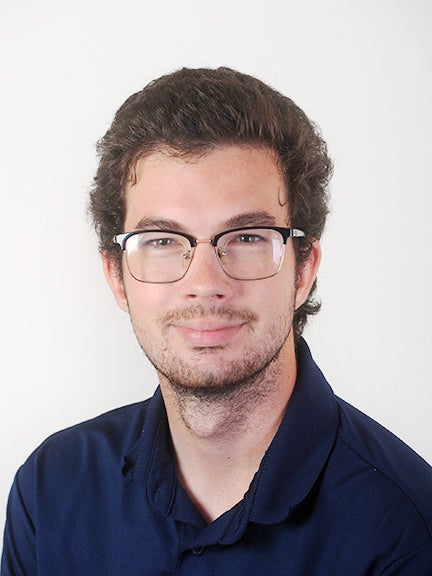Commissioners, hunters must take Chronic Wasting Disease seriously
Published 2:16 pm Wednesday, July 12, 2023
|
Getting your Trinity Audio player ready...
|
It was a shock to my ears when I heard the words “CWD prions were detected in Claiborne County soil,” at this month’s commission meeting.
As an outdoorsman, I have watched the Mississippi Department of Wildlife, Fisheries and Parks commission go against biological studies, facts and best management practices in favor of supporting their friends or businesses thriving off of the sale of corn feed at the cost of the state’s deer herd. It is a developing storm and one people should care about.
Chronic Wasting Disease, an always fatal infectious prion disease in deer, is not new to Mississippi and has been around for five years now. Yet, our state’s wildlife commission acts like they do not know a darn thing about the disease.
Yes, it is a complicated disease which scientists have been learning about since it was first detected in Colorado research pens in the 1960s but there are a few things commissioners ought to know by now if they pay attention to the numerous CWD educational sessions and material produced by wildlife agencies.
Deer herd density, carcass transportation and supplemental feeding are three vehicles which drives the spread of CWD. The sad thing is one of those vehicles are not needed yet are often the basis for this commission’s decision making.
Supplemental feeding causes unnatural concentration of deer, increases disease risk and can harm our state’s wild turkey population. Research by MSU Deer Lab has shown food plots and habitat improvement can greatly improve deer size and quality negating the need for corn feeders. Bubba’s outrage about not being able to feed deer corn should not drive management decisions and neither should Pete’s feed business.
Commissioner William Mounger, who represents the Southwest Mississippi district, stood up for conservation when he voted against rescinding a feed ban in Claiborne County at the November 2022 meeting. He does his research and comes prepared for the meetings and we should appreciate his efforts.
Deer hunters across the state should be paying attention to these decisions. I’ve written about CWD since I left college in December of 2020 and have watched the story unfold. Louisiana has seen the effects of CWD in just a year going from its first positive to 12 positives, while I hope it will stay contained in Louisiana the number could grow.
Arkansas, my home state, first detected the disease in 2017 but it was detected too late. CWD prevalence along the Buffalo National River is 32 percent and 61 percent of fawns in the CWD hotzone of Northwest Arkansas die before they are a year old.
My fear is Mississippi could lose a resource the state worked so hard to grow. Old timers will tell you all the time about how they used to be so excited to see a deer track because Mississippi did not have any deer. If we don’t take Chronic Wasting Disease seriously we could be back to those days.
Circling back to Claiborne County, the soil with CWD prions in it is indicative of a positive deer being in the county. This is not surprising news due to the proximity of the county to positives in Tensas Parish. Commissioners had tools to limit CWD spread when the county was in the CWD management zone and yet voted to rescind those tools. The primary tool would have been to ban supplemental feed. It could be a while before a positive deer is found in Claiborne County to officially move it back to a supplemental feed ban. By the time a positive is detected then it could be too little too late. CWD could quickly spread to Jefferson, Adams, Franklin, Copiah and Lincoln Counties if we don’t work to contain it.
Alarming research presented at this year’s international CWD symposium suggests there is greater risk for zoonotic spread and ultimately human risk of infection. It is a when not if CWD arrives in Adams County or whichever county you call home in Mississippi. I urge fellow hunters to pay attention to what is happening in our state and in our commission meetings.
This next year I urge fellow outdoorsmen to be good stewards, stop using feeders and plant food plots, submit samples for testing and educate yourselves on CWD. Our commissioners may not make the best choices for our wildlife but ultimately the private landowners are who can make the biggest difference for our wildlife.
To the biologists, researchers and game wardens, thank you for the work you have done. While I hope one day I can write a story about the cure for the disease I believe one day nature will be healed and perfected completely in heaven.







